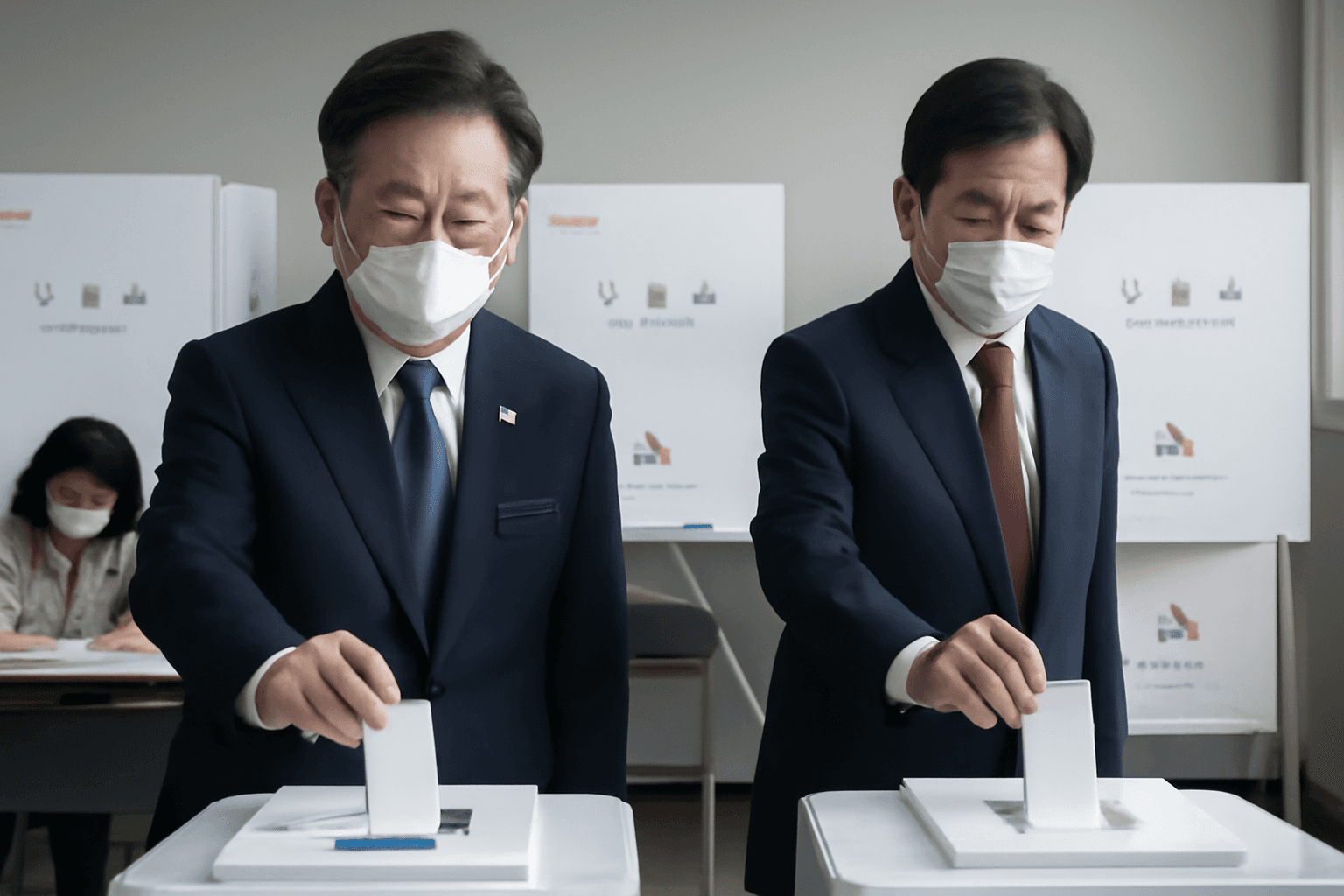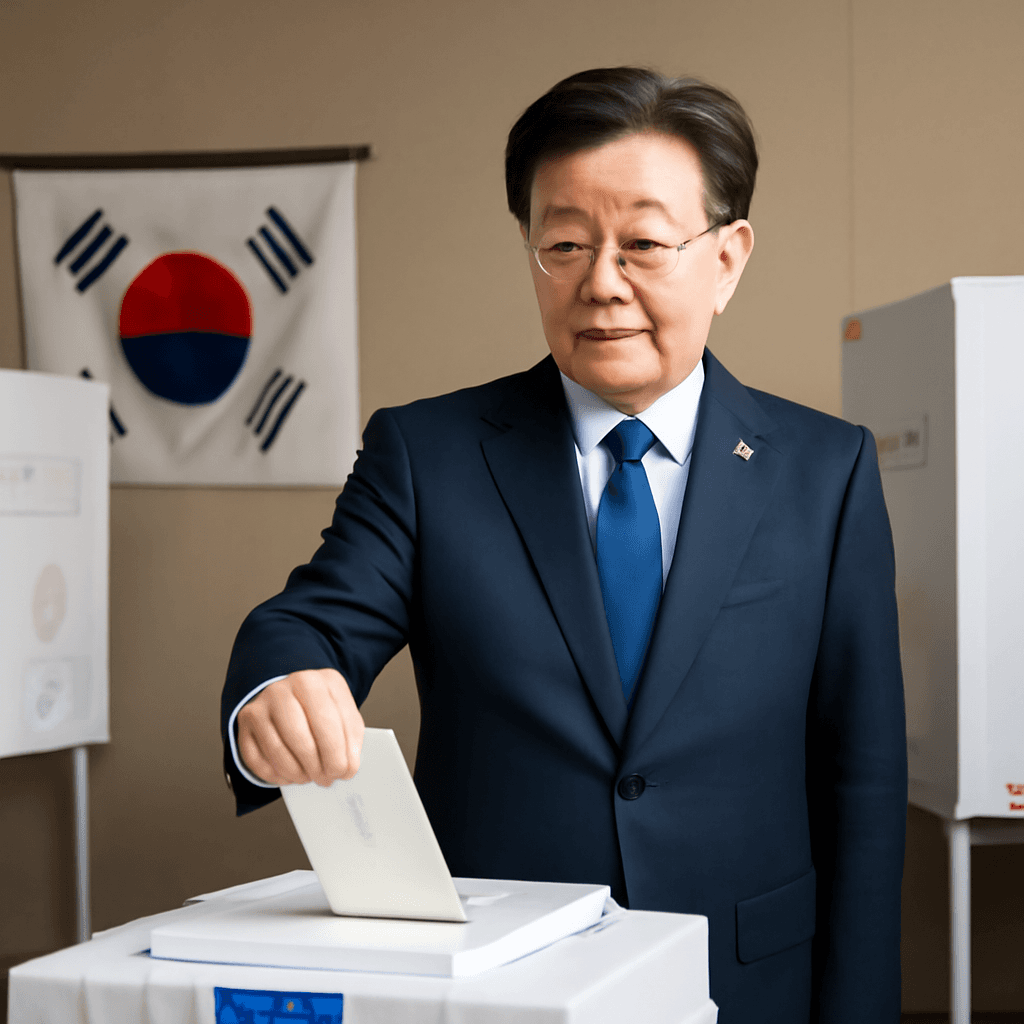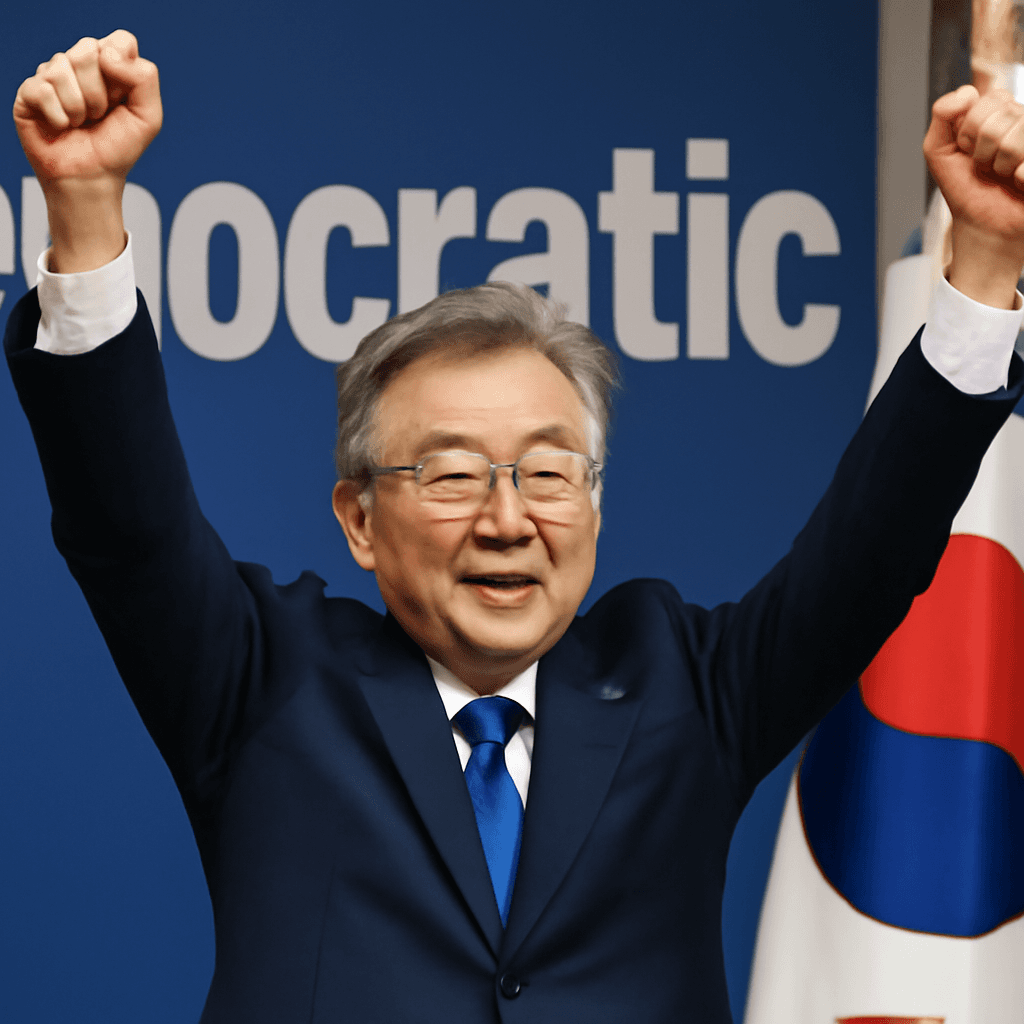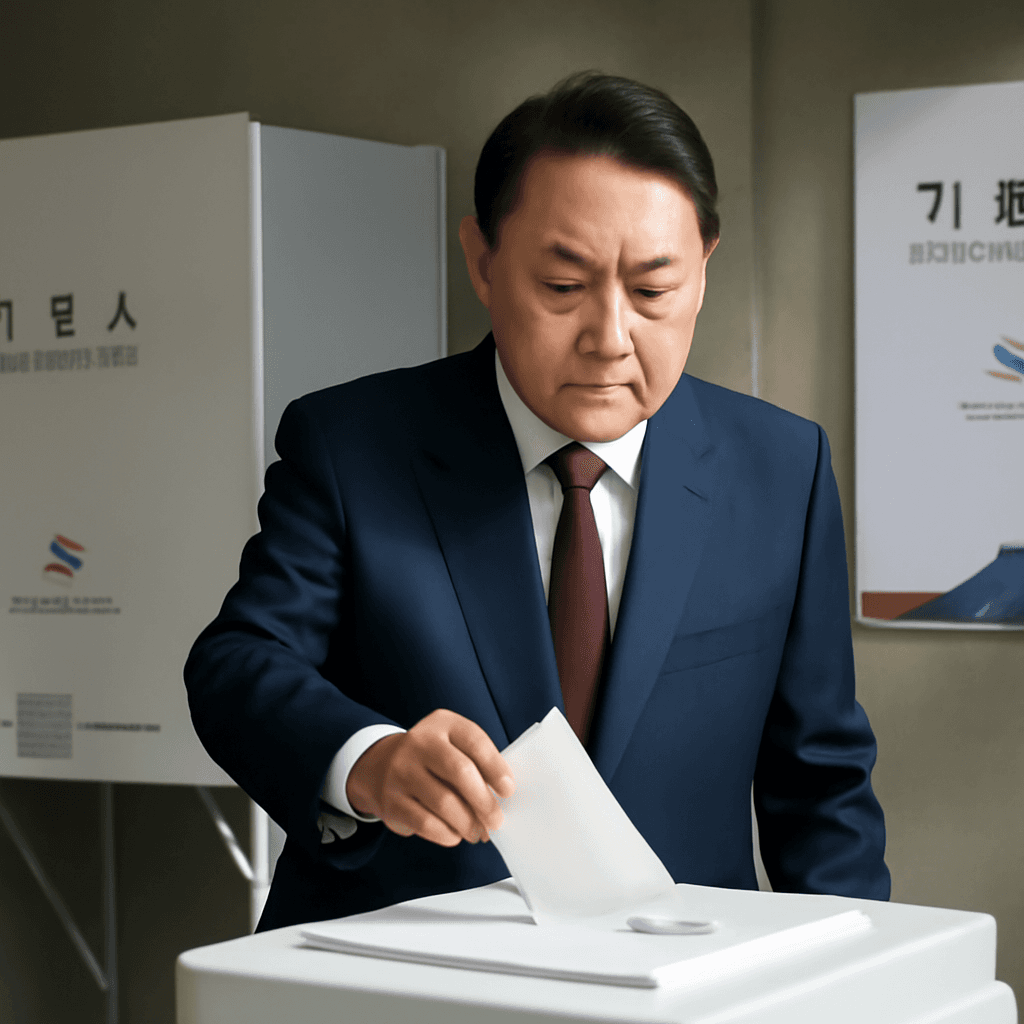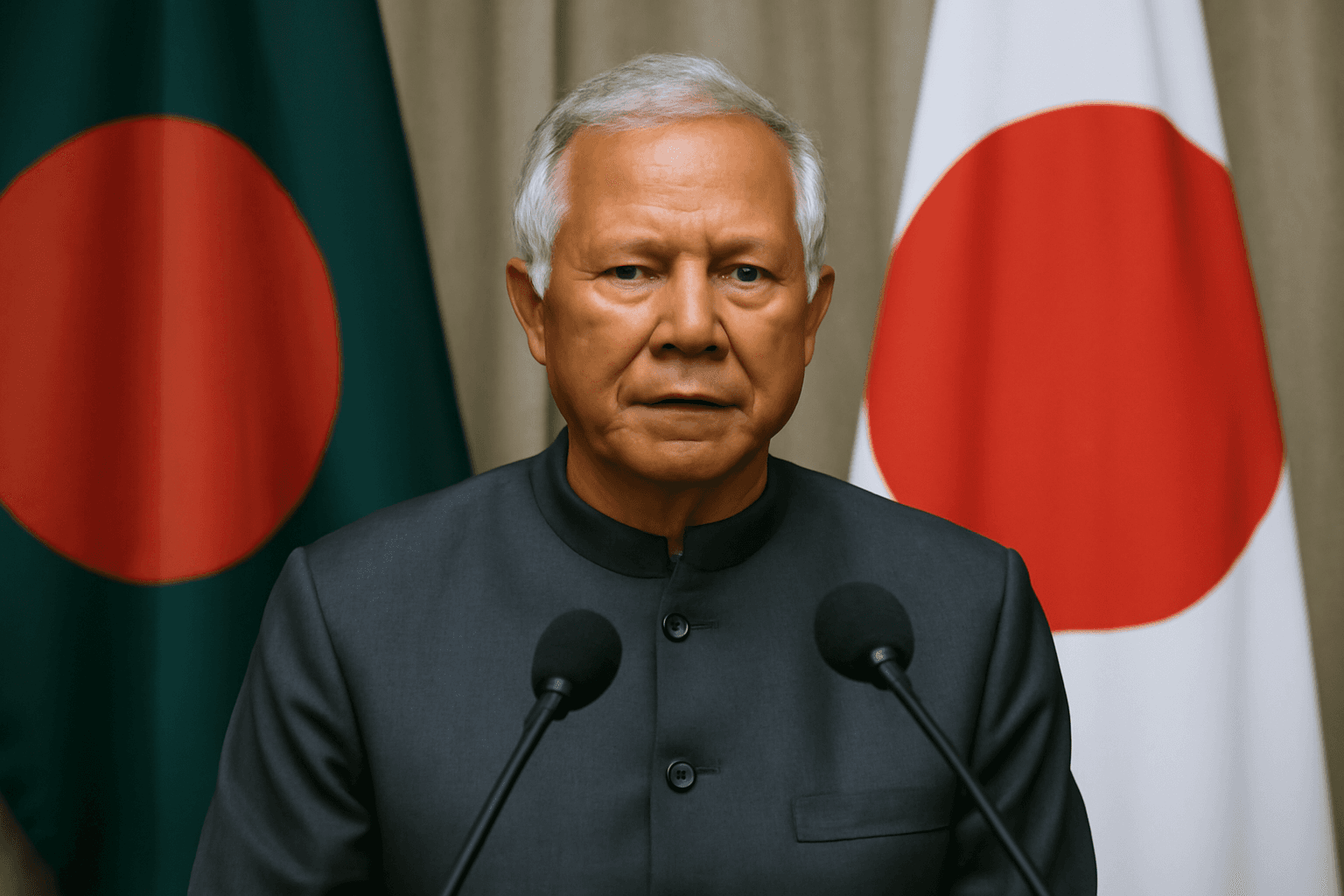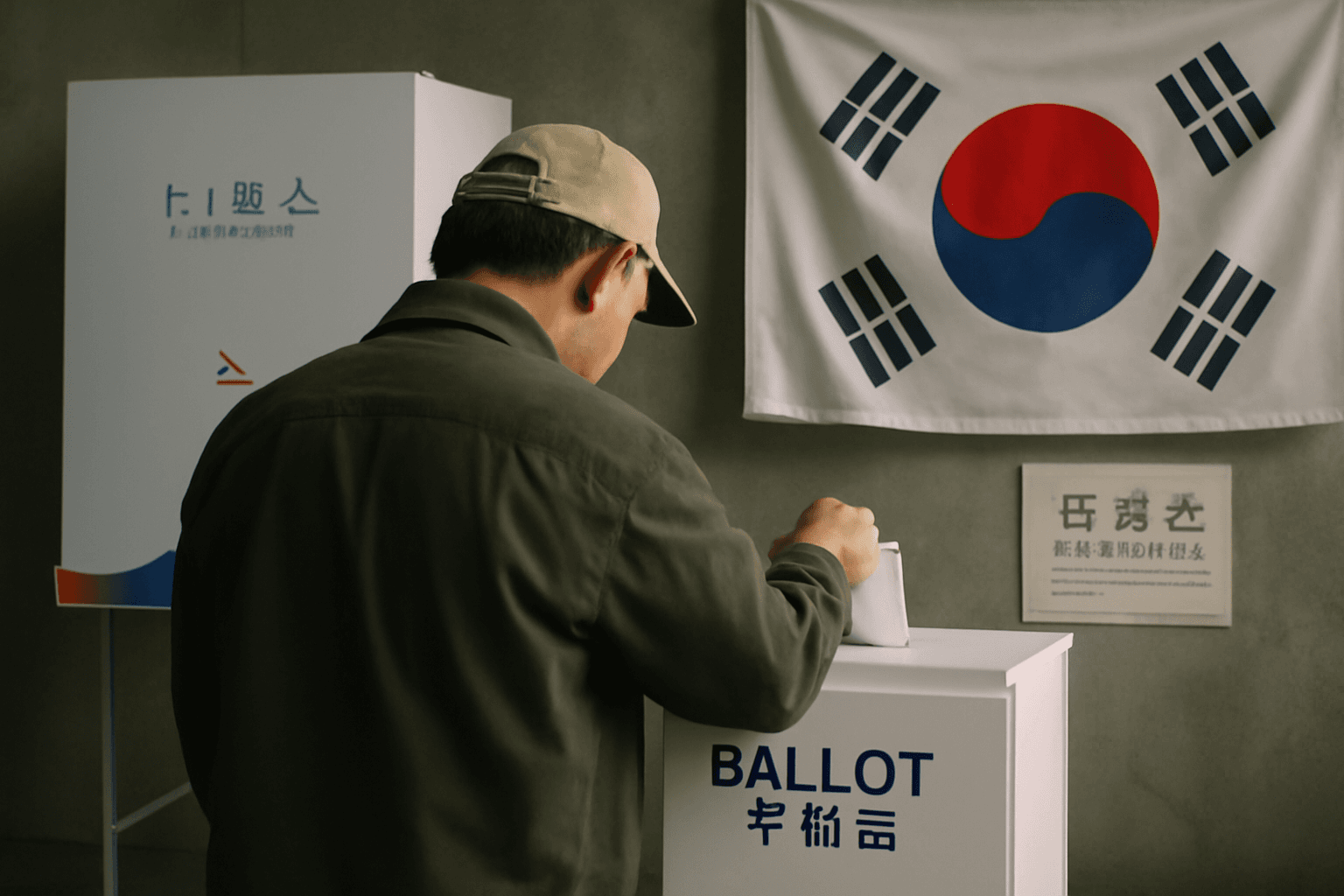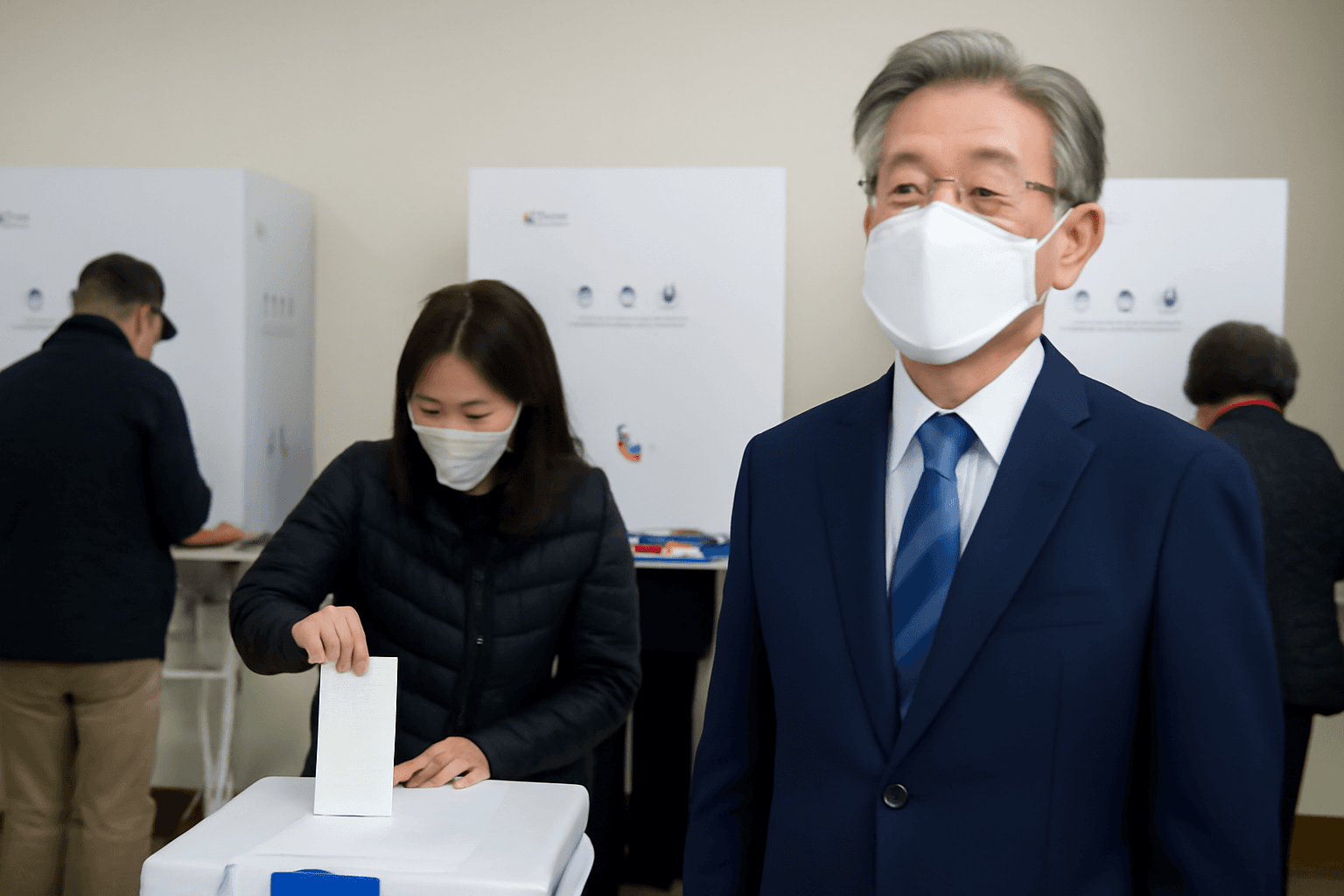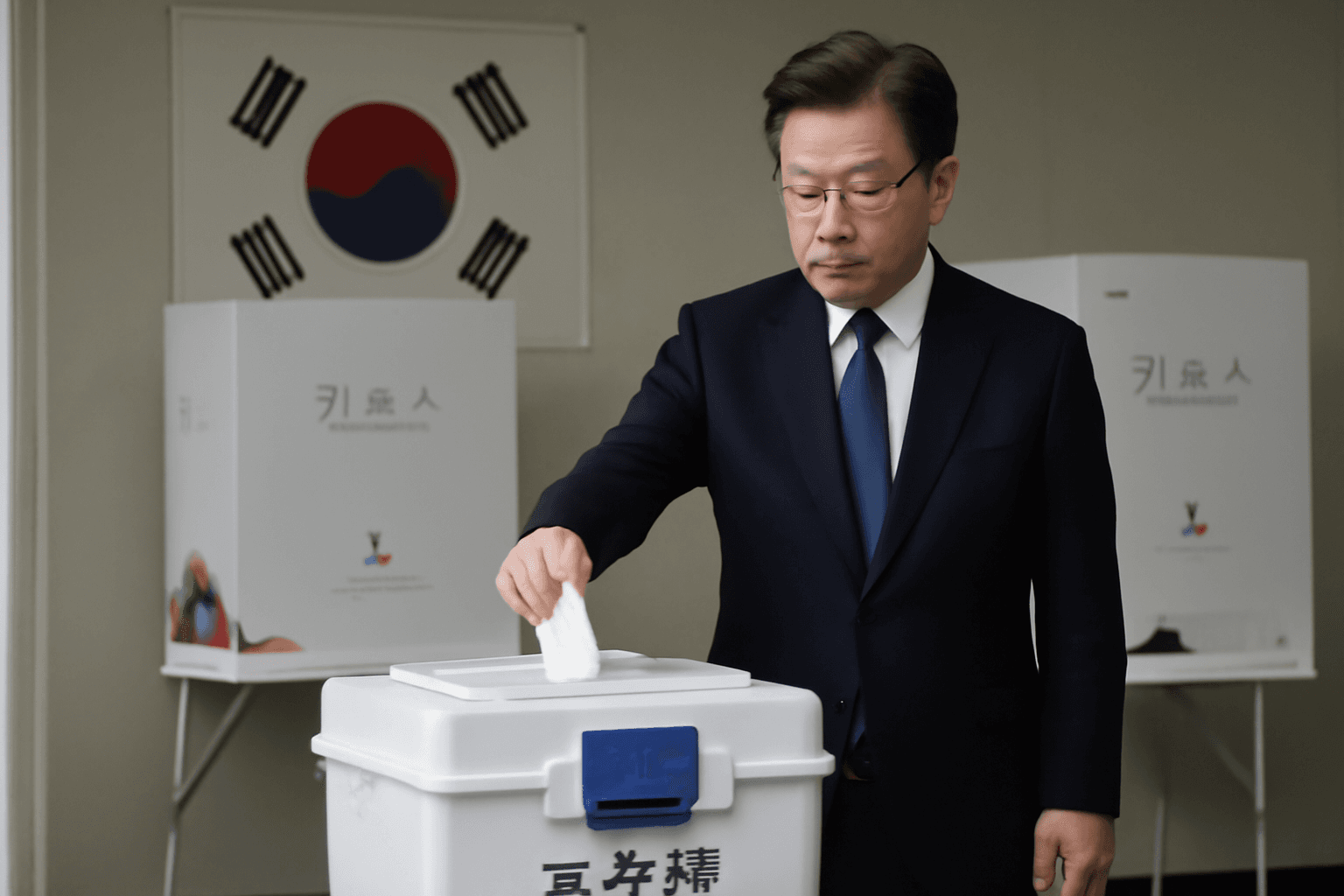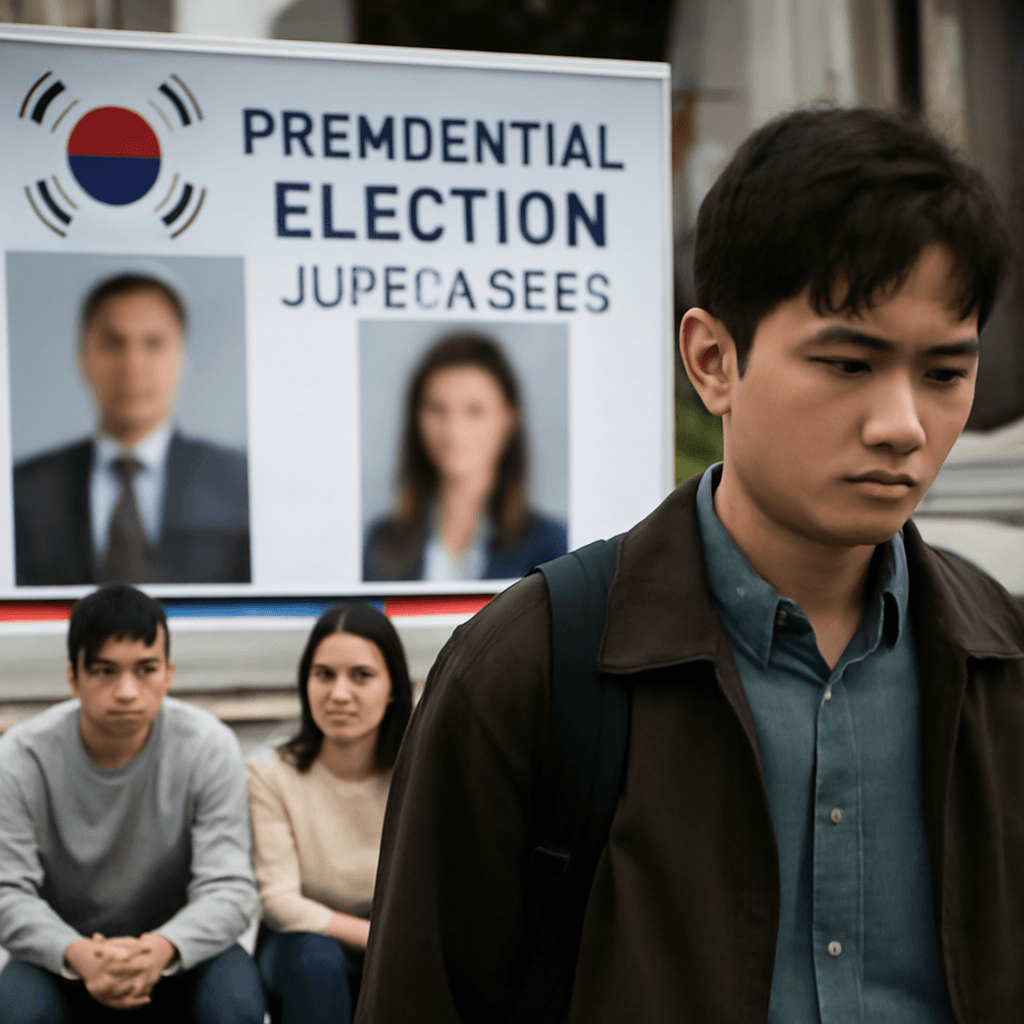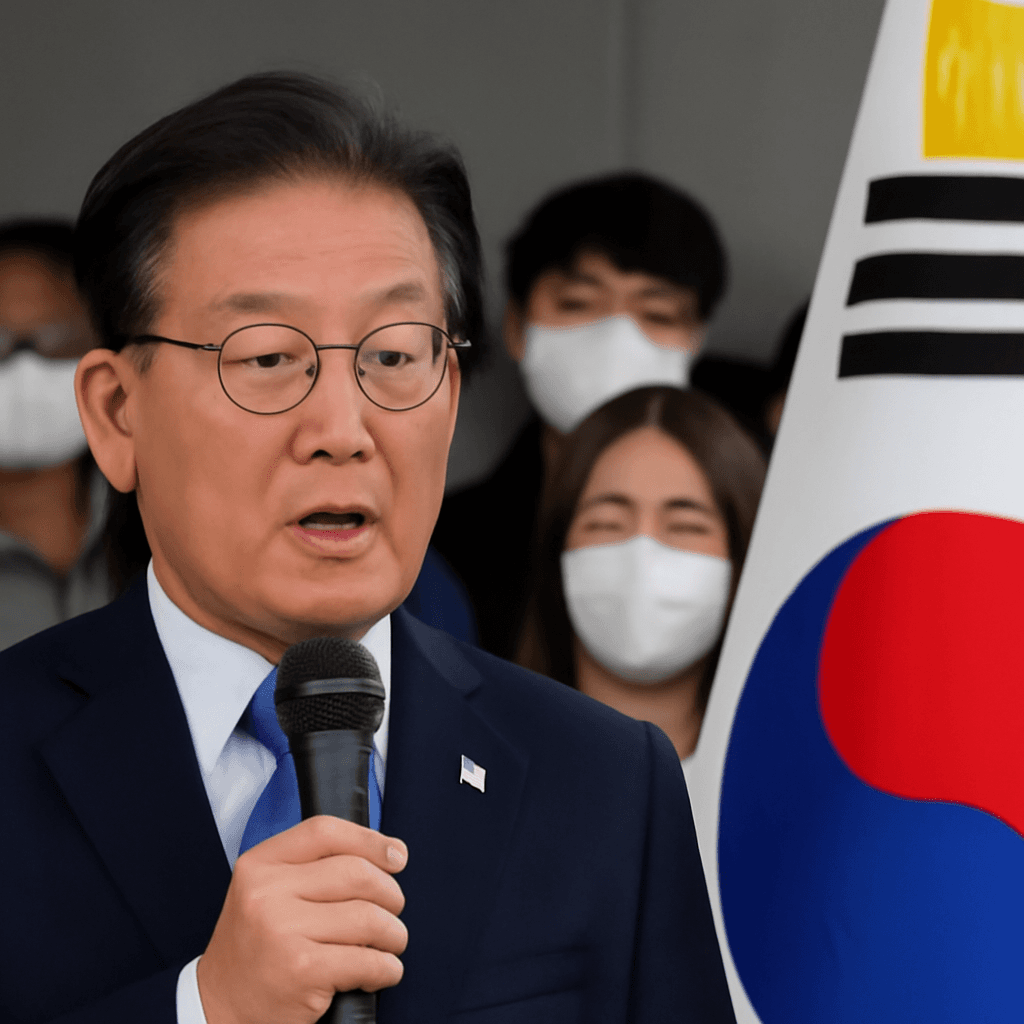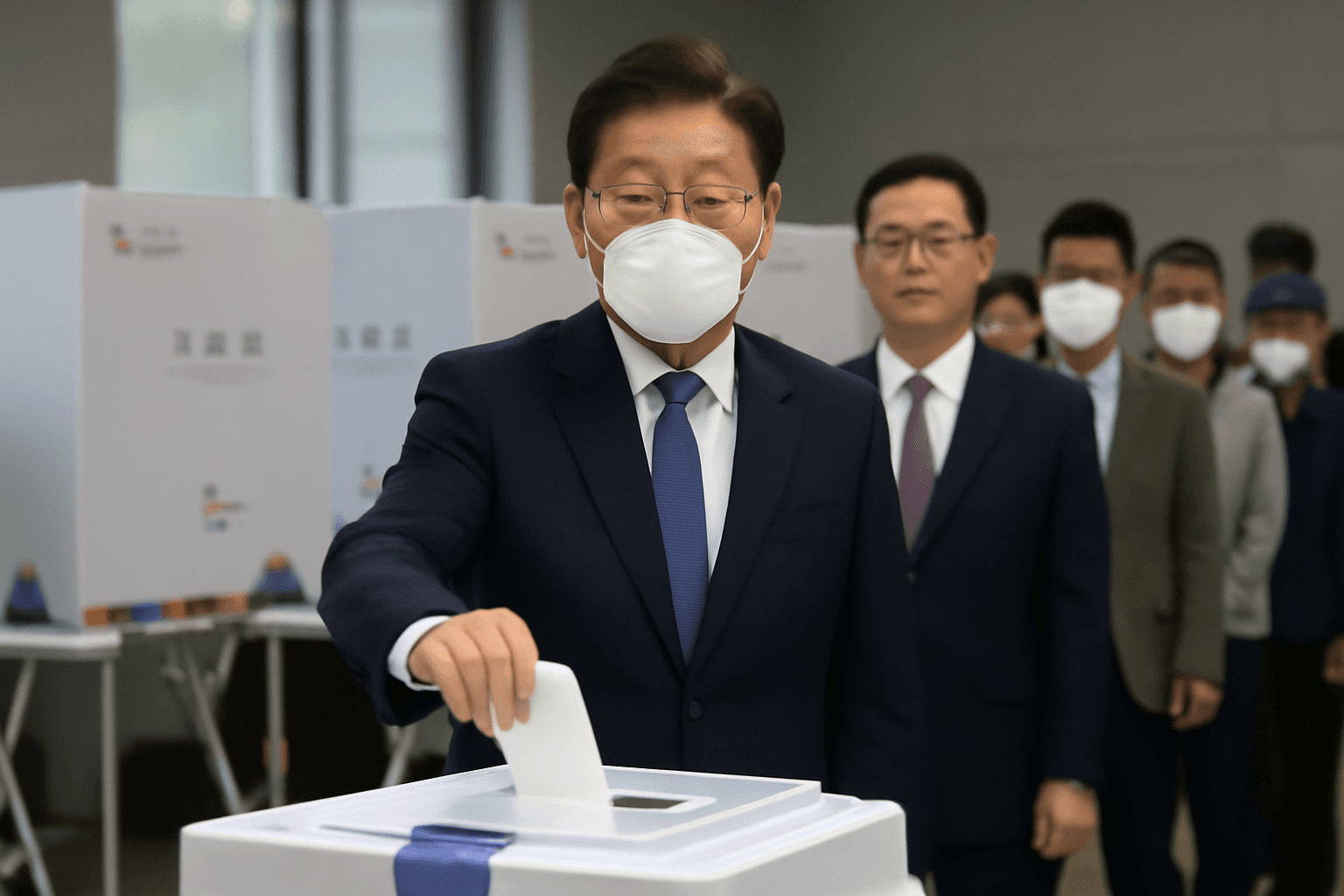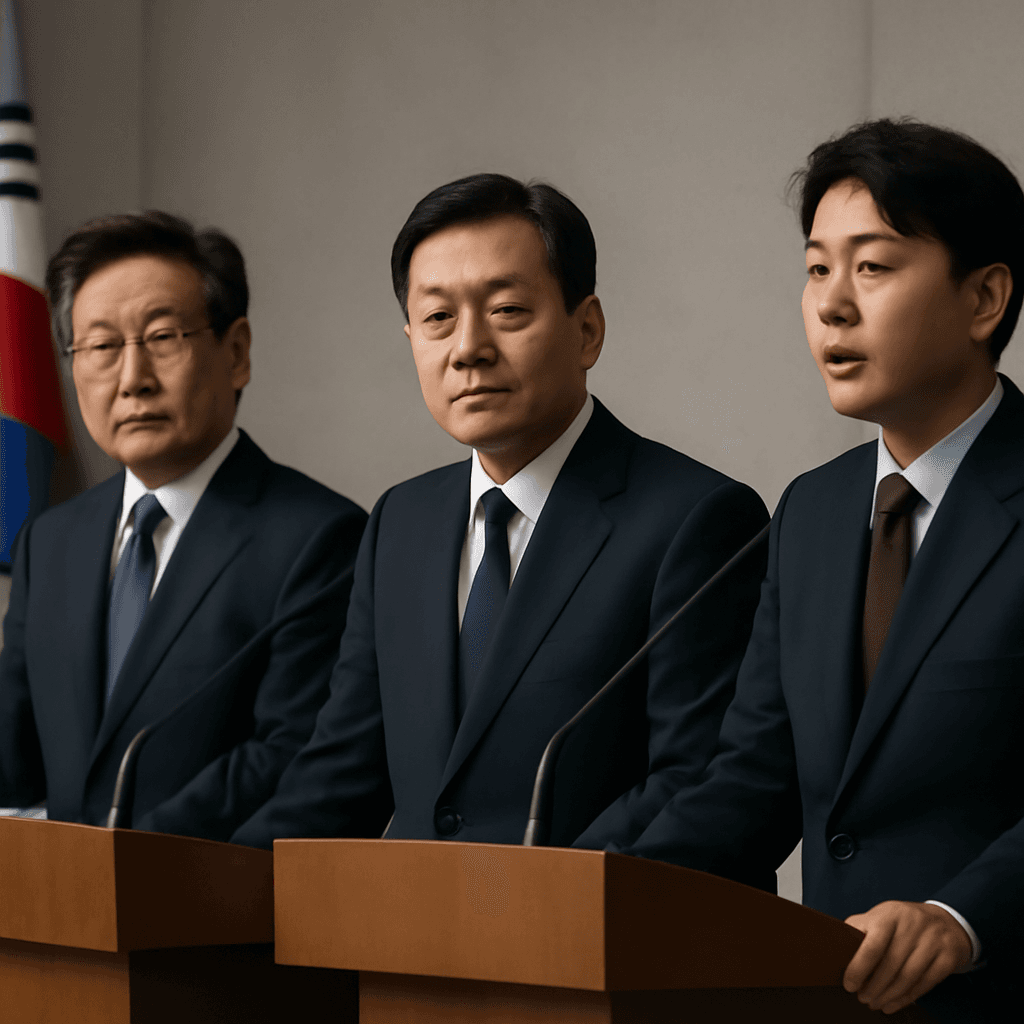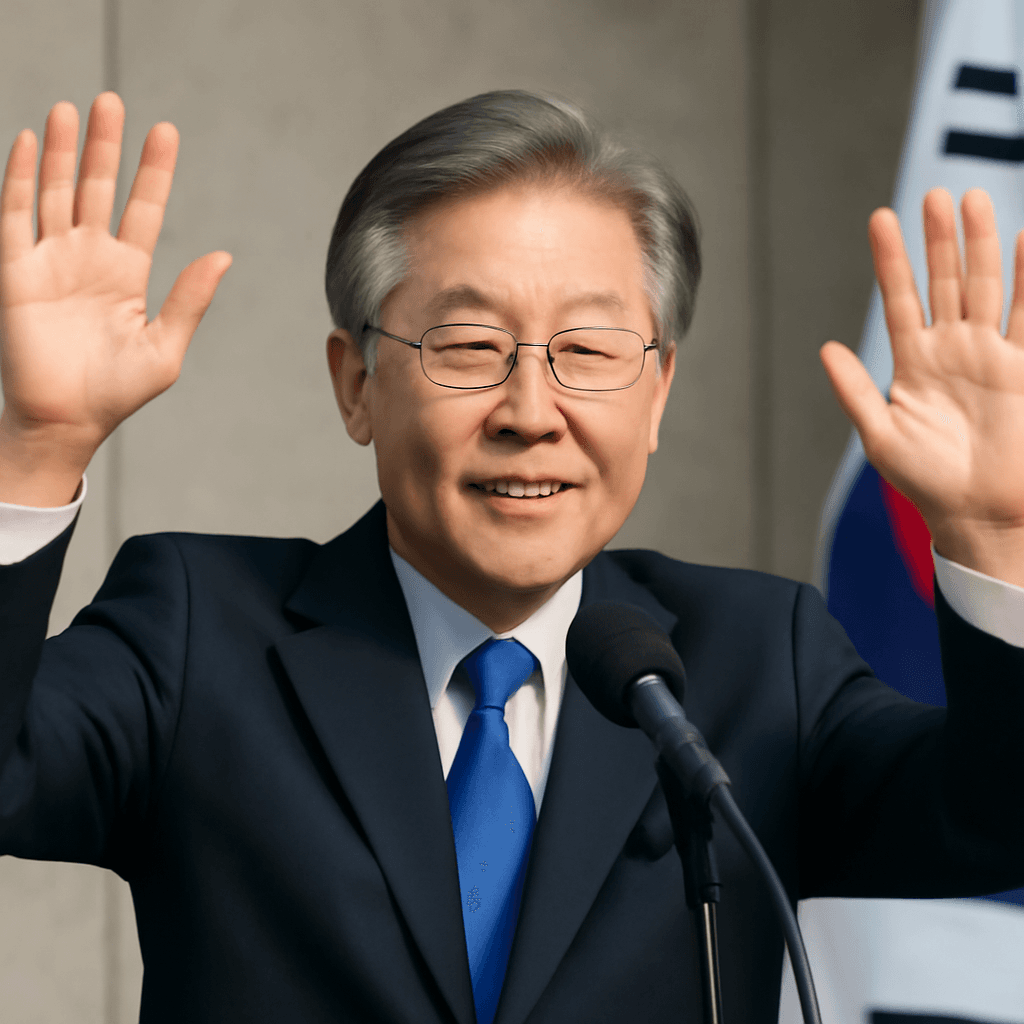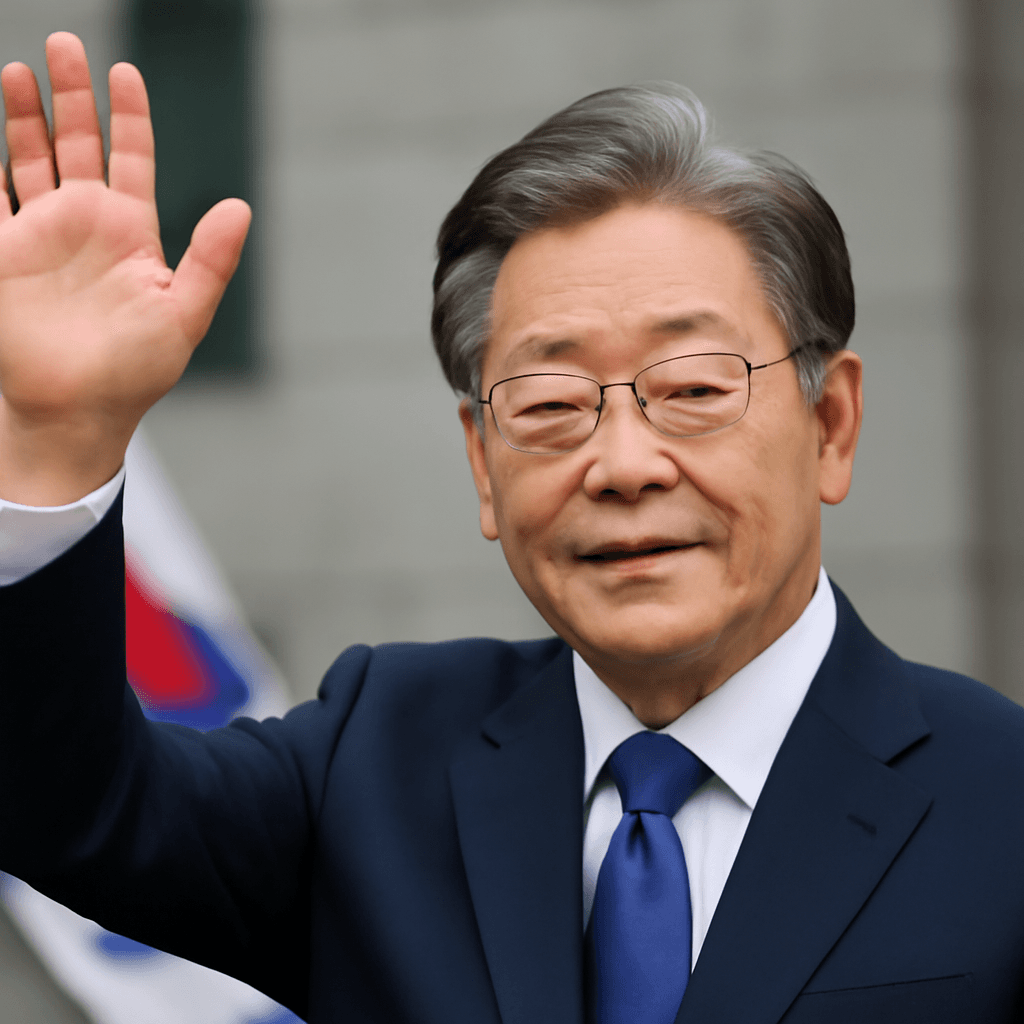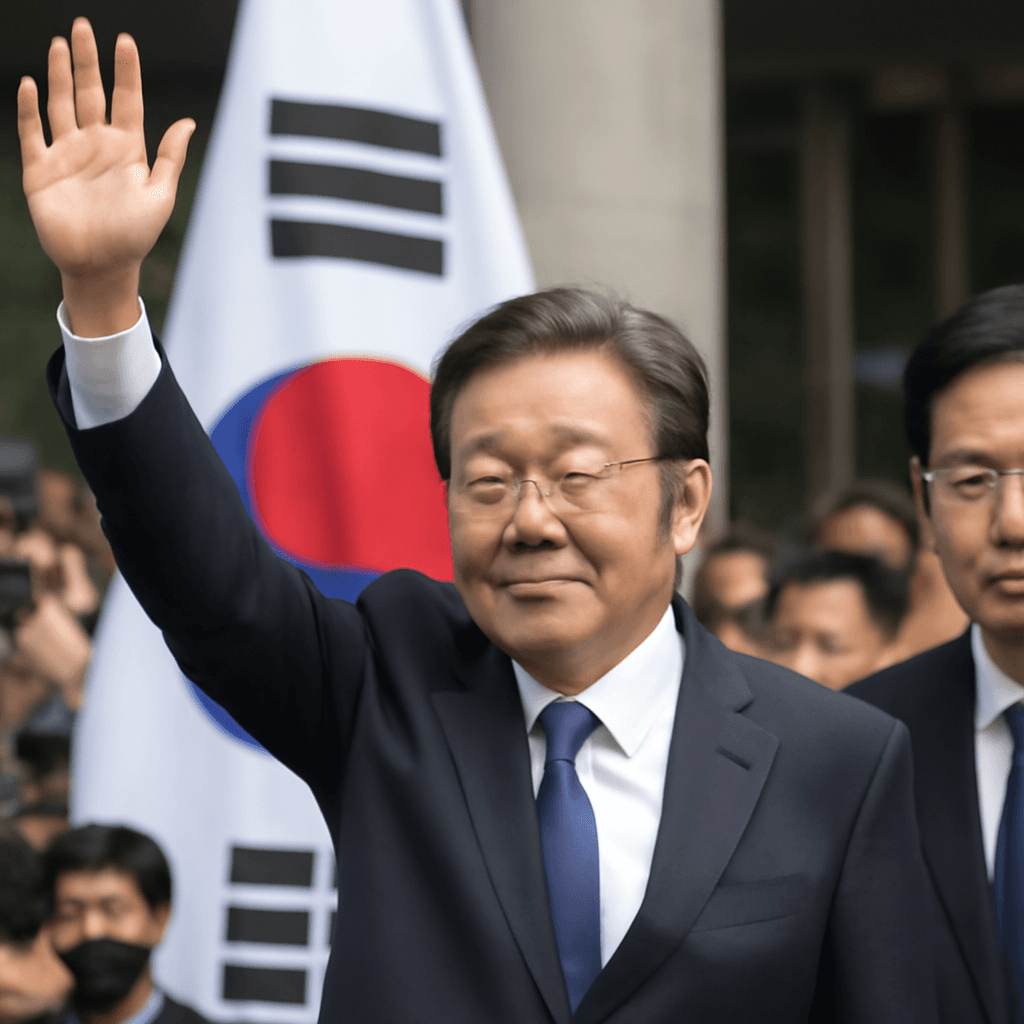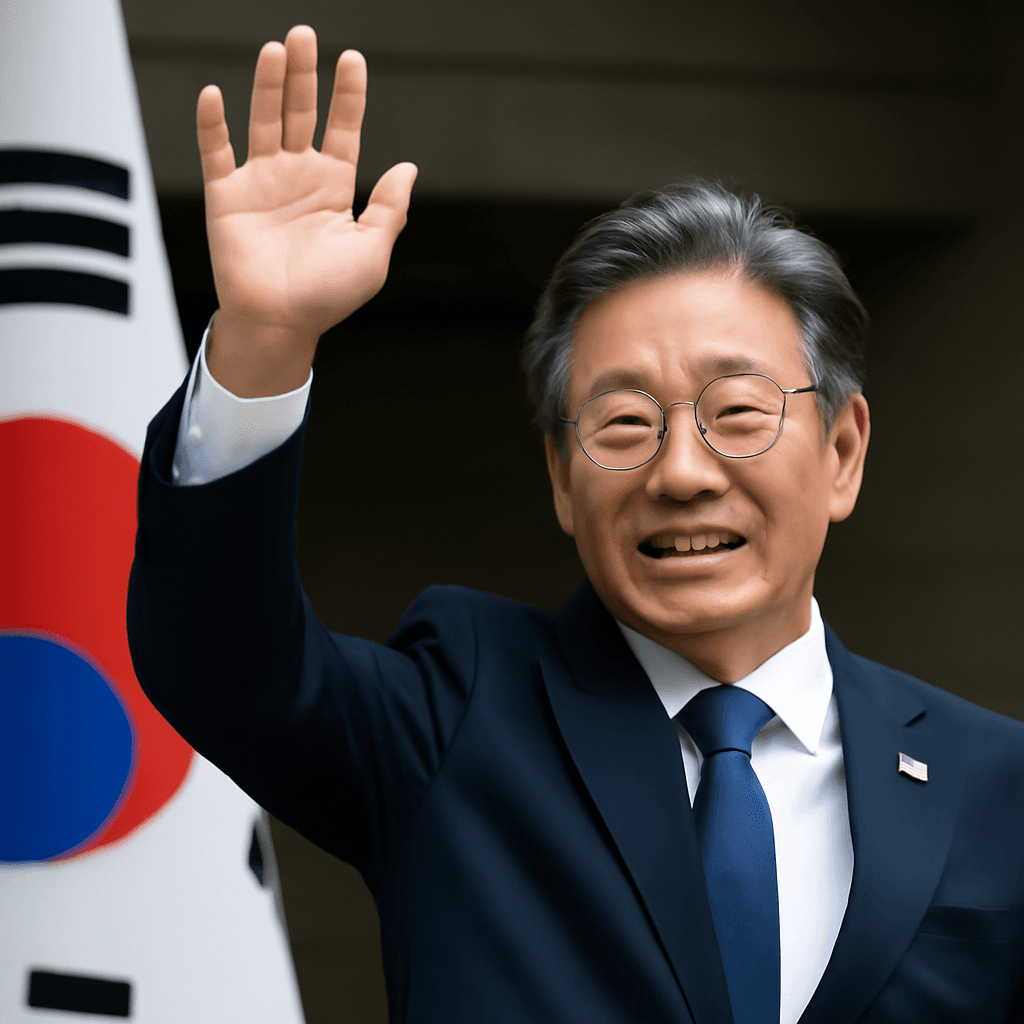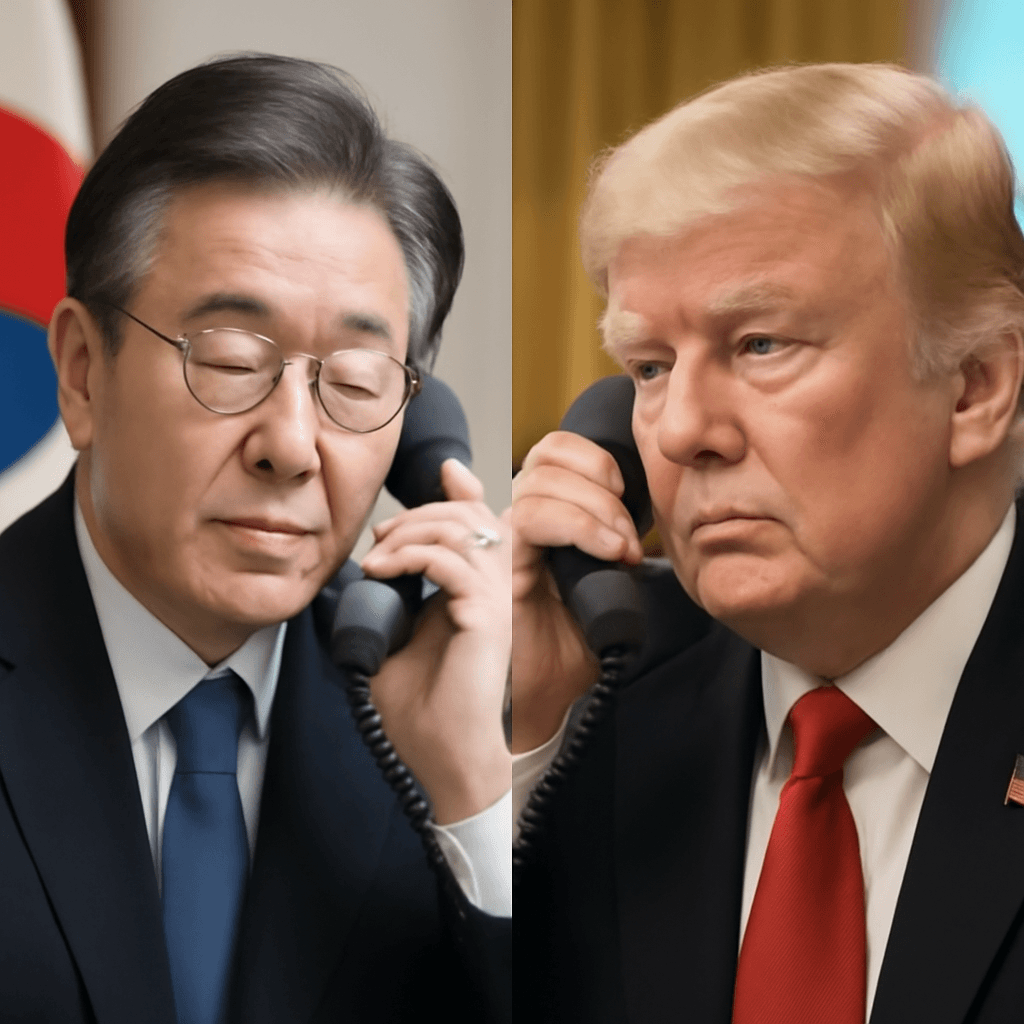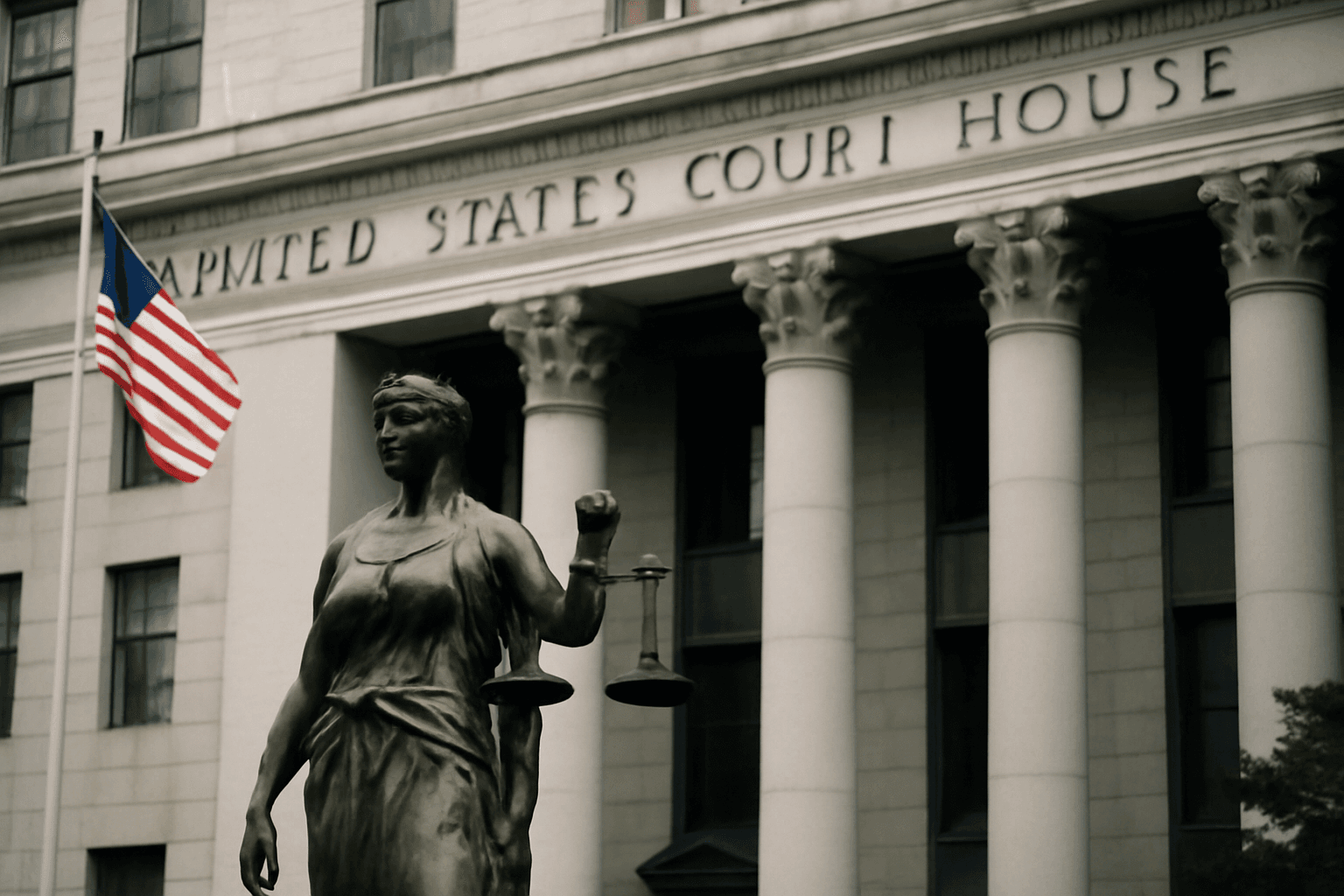Early voting has commenced in South Korea's presidential election, set against the backdrop of last year's political crisis triggered by former President Yoon Suk Yeol's ill-fated suspension of civilian rule. The election, scheduled for June 3, follows a period of political turmoil and martial law declaration that led to Yoon's impeachment and the appointment of interim leaders.
Both major candidates have already cast their early ballots, underscoring the intense public interest in this pivotal vote. The Democratic Party's candidate, Lee Jae-myung, leads the polls significantly, with recent surveys indicating nearly half of respondents consider him the best choice. His main rival, Kim Moon-soo of the conservative People Power Party, which was Yoon's former party, trails by a notable margin.
Early voting turnout is impressive, with figures reaching 8.7 percent by midday—an unprecedented rate for this time frame in South Korean electoral history. Moreover, overseas voting has surged, with approximately 80% of 1.97 million eligible expatriate voters participating, marking another electoral milestone. This surge reflects the electorate's eagerness to restore democratic stability amid the aftermath of martial law and impeachment proceedings.
Democratic candidate Lee emphasized the power of voting, stating, "A vote is more powerful than a bullet," highlighting the importance of democratic participation over confrontation. In contrast, Kim's early voting has been framed by his campaign as a symbol of turnaround and resilience, drawing historical parallels to pivotal moments in Korean history. Despite widespread conspiracy theories within his support base regarding electoral fraud, Kim has assured voters of the election's integrity and urged participation without fear.
Both candidates face the challenge of addressing deep economic issues, including a slowing economy, extremely low birth rates, and a rising cost of living. Additionally, the new president must navigate the complex geopolitical dynamics between South Korea's key allies and trade partners, particularly the United States and China.
This election holds significant weight as the nation seeks to overcome its recent political instability and set a clear path forward for democratic governance and economic recovery.

